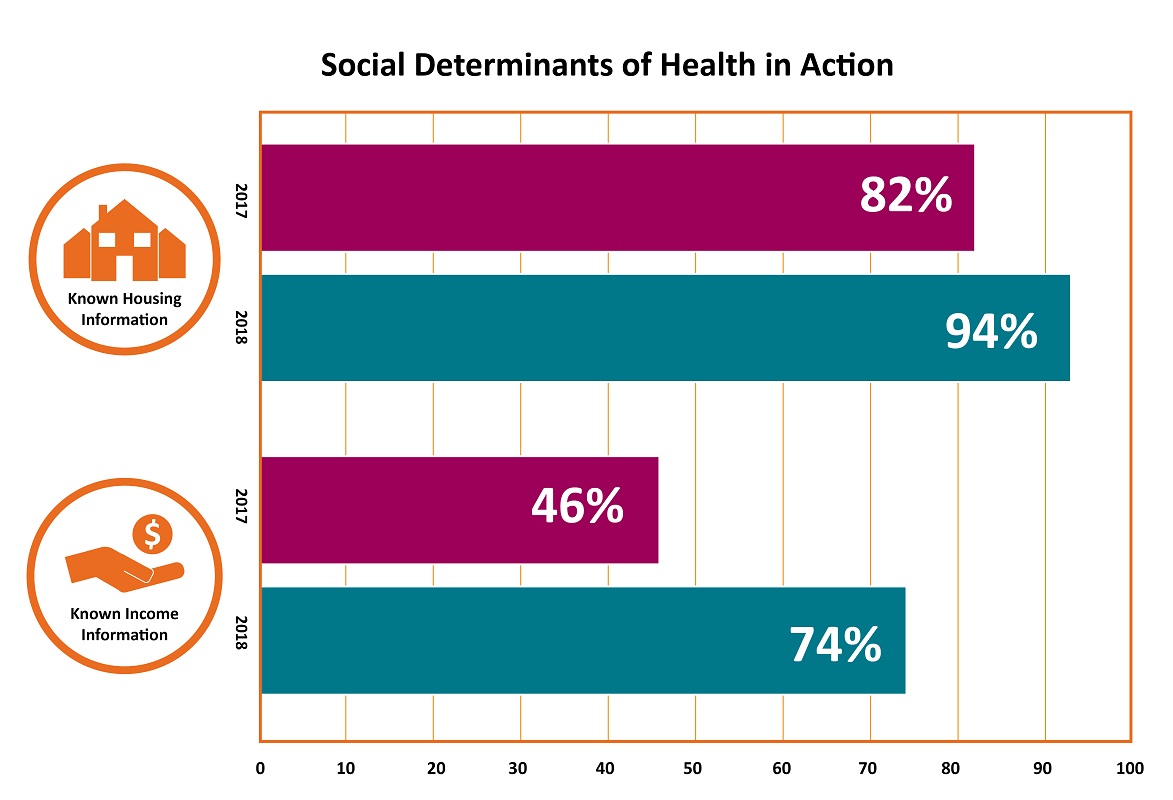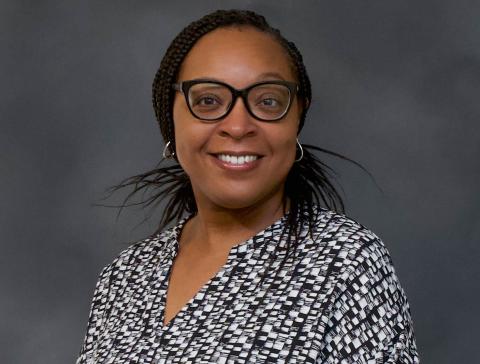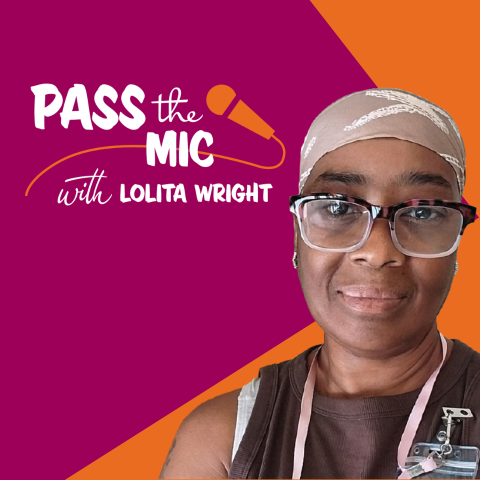
Yes, but can you prove it?
Public grants guru Margaret Flanagan on how data save lives
Q: You always hear that data is king. Why are good data important in our efforts to end homelessness?
We see homelessness every day—whether it’s in our clinics, driving to work or simply walking through the city. But to get people to invest in tackling the problem, we have to prove it exists with facts and numbers.
Q: What are the challenges around getting data on homelessness?
Simply quantifying people who are experiencing homelessness is difficult. The Point-in-Time Count, for instance, is a federal survey done by volunteers, who hand count people in shelters and public spaces during a single night in the winter. There are so many reasons why the result is not a reliable number. For instance, volunteers are not permitted to go into abandoned buildings during the count. It’s a good effort, but it will drastically undercount homelessness every time. Many other public sources are just as inaccurate.
Q: What are we doing now to improve data?
A few years ago, we started asking our clients about their lives outside our clinic walls, like their income and their access to food, health care and other necessities. Thanks to what we call Social Determinants of Health data, we can say, “Look, here’s the proof. Here’s the need.” Those numbers are having a powerful effect on how people and government agencies respond to homelessness.
Q: What have the data taught us about our clients?
We only had housing data on 82% of clients. Now, we know the housing situation for 94% of our clients. We also got income information for almost twice as many of our clients. What we’ve learned is that the people we serve are very low income—living 100% below the poverty line. That shows beyond a shadow of a doubt there is a huge need for our services.

More Recent News
After a year of serving as Practice Manager of West Baltimore, Alkema Jackson is moving into the new role of Director of Practice Operations, Community Sites! She joined Health Care for the Homeless in 2022 as the Client Access Project Coordinator, collaborating across departments to help more people connect to agency services, and in 2023, she received a Core Value Award for Hope. Read on to learn more about Alkema’s approach to this new position…
Meet Christana Greene, our new Director of Compliance! With more than five years in the compliance field—most recently as Senior Quality and Patient Safety Specialist at GBMC Healthcare—Chrissy brings frontline insight to the role. She began her career as a medical assistant, gaining firsthand experience in what it takes to keep care safe and operations running smoothly. In her new role, Chrissy is focused on building a compliance culture grounded in safety, integrity and accountability. Read on to learn more about Chrissy...
Baltimore gets dangerously cold, and too many of our neighbors are out there.Here are three simple things you can do to make a difference in someone’s life this winter.
Meet Lolita Wright, a mother and caregiver. Lolita is never leaving Baltimore. She shares her parents' love of music and determination.





